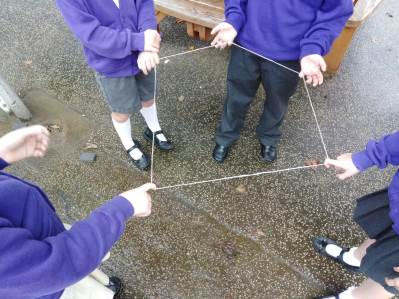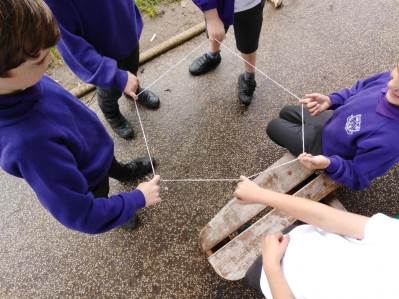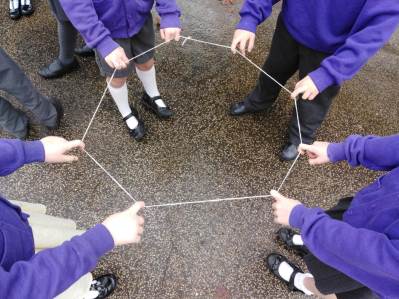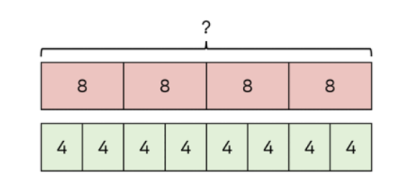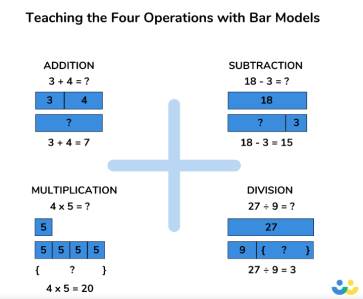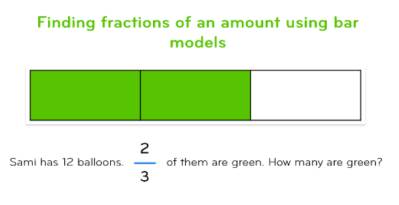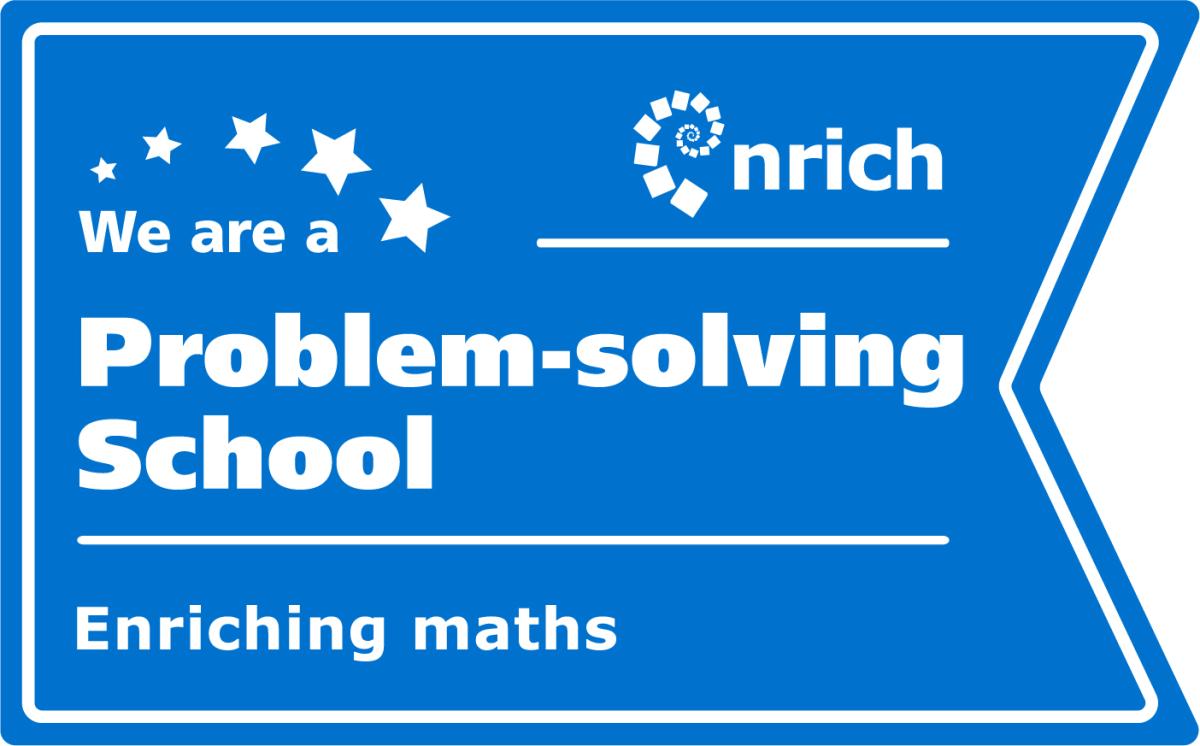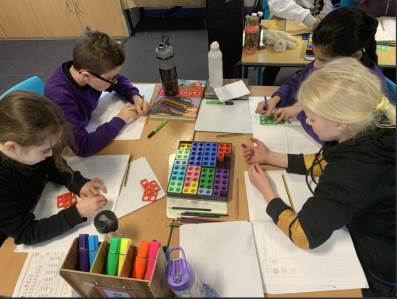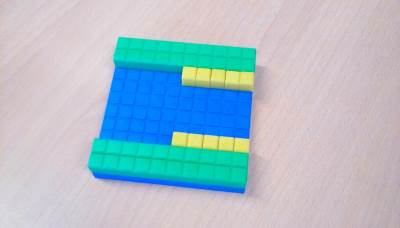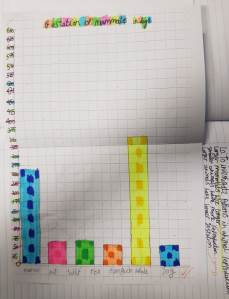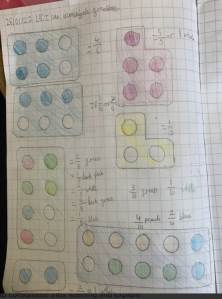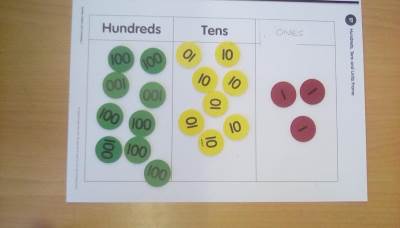Maths
What is Maths?
Yes, it is arithmetic and calculation skills, but it is far more than that. It is a creative and highly inter-connected subject that has been developed over centuries. It is essential to everyday life, critical to science, technology and engineering, and necessary for financial literacy and most forms of employment.
At Dale Hall children will develop secure conceptual understanding of the subject by being introduced to new ideas through the use of concrete materials (for example Numicon, base ten equipment and place value counters) and will then develop their understanding through the use of pictorial images (such as bar models). We will help them to develop the ability to recall and apply their knowledge rapidly and accurately, encouraging them to make connections between different aspects of the subject.
We want our pupils to develop the ability to reason mathematically, to make their own conjectures and generalisations - using mathematical language accurately to explain their thinking, to tackle a wide range of rich and varied problems and to persevere when faced with more challenging tasks. Most importantly we want children at Dale Hall to develop an appreciation of the beauty and power of mathematics, and a sense of enjoyment and curiosity about the subject.
Please find out more about maths at Dale Hall below:
-
Maths at Dale Hall CPS 2022 - Google Docs
download_for_offline
download_for_offlineMaths at Dale Hall CPS 2022 - Google Docs
Has the way maths is taught changed?
Yes! Most schools now follow what is known as a 'mastery' approach to teaching and learning maths. This website offers a useful guide to some of the new methods now used, explanations of commonly used terminology and ideas for supporting children at home.Policies
Below you will find our calculation policies which will support our continuing development of a 'mastery' curriculum, principally the Concrete Pictorial Abstract elements of teaching.
Concrete refers to the use of manipulatives, objects which represent mathematical concepts and can be physically picked up (such as base ten equipment, Numicon, bead strings, etc.)
Pictorial, as the name suggests, is the use of carefully selected pictures, diagrams, etc to represent concepts.
Abstract is the stage when, having developed a secure conceptual understanding, children are ready to use 'just' numbers and symbols.
Children of all ages and abilities will move freely between concrete, pictorial and abstract representations of mathematical concepts.
Please note that the policies are now arranged by key stage, rather than by the area of maths being taught.-
KS1 Calculation Policy
download_for_offline
download_for_offlineKS1 Calculation Policy
- LKS2 Calculation Policy download_for_offline
download_for_offlineLKS2 Calculation Policy
- UKS2 Calculation Policy download_for_offline
download_for_offlineUKS2 Calculation Policy
Maths - 2D Shapes
Bar Models
At Dale Hall we are developing the use of bar models to help with children's conceptual understanding and to provide them with strategies for approaching word problems.
What is a bar model?In maths a bar model is a pictorial representation of a problem or concept where bars or boxes are used to represent the known and unknown quantities. Bar models are most often used to solve number problems with the four operations – addition, subtraction, multiplication and division.
In word problems, bar models help children decide which operations to use or visualise problems.The bar model is central to maths mastery, it can be the pictorial stage in the concrete, pictorial, abstract approach to learning. Bar models will not, however, do the calculations for the pupil; they simply make it easier for pupils to work out which calculation must be done to solve the problem.
The following article from Third Learning Space provides a more detailed explanation
Maths - Bar Model
What do Dale Hall pupils say about maths?
"I like using the equipment, especially Numicon and Deines, it helps me see the maths." (Year 3 pupil)"I like when we write in the (White Rose) books. There are pictures to help you if you need them and sometimes you do hundreds of questions in a lesson!" (Year 3 pupil)
"Sometimes I do drawings to help me solve a problem." (Year 4 pupil)
"Maths is my favourite subject. It really makes you think!" (Year 4 pupil)
"Our teacher asks us really challenging questions but always gives us time to think." (Year 5 pupil)
"I love TTRockstars. My brain used to get muddled with times tables but now I get faster every week!" (Year 5 pupil)
"My favourite part of the lesson is using the White Rose exercise books. The questions always start off quite easy but then they quickly get really challenging." (Year 6 pupil)
Examples of Maths work
How can I help my child with maths?
1. Be positive!
More than any other subject, success in maths can be affected by children's attitudes and confidence towards the subject. It's not unusual to hear adults say things such as "I was never good at maths when I was young." Whilst this is an understandable attempt to reassure children we can inadvertently send a message that maths is 'hard' and that it is okay to not do well at it. It's not something we often hear said about reading or writing, so we should try to treat maths the same.
2. Practise makes perfect.
We try to keep homework to a minimum at Dale Hall, however, practising knowledge and recall of key facts at home will provide a huge boost to children's confidence. It will also be much easier for them to focus on the increasingly demanding new concepts they encounter as they progress through the school if they are not over relying on counting. Children in Key Stage 1 should focus on bonds to 10 and then 20 and begin to learn multiplication facts for the 2, 5 and 10 times tables. Year 3 pupils focus on learning the multiplication (and associated division) facts for the 3, 4 and 8 times tables, Year 4 the 6, 7, 9, 11 and 12 times tables.
To support children and parents with the above we have subscribed to Numbots (Years 1 to 3) and TTRockstars (Years 3 to 6), two award winning products that are based on sound educational research.
As with many aspects of learning, little and often is usually the best way to master these facts, better 5 minutes practise most days than a one off longer session.
3. Look for maths in everyday life.
Give children (of all ages) plenty of opportunities to use maths in real contexts. Look for opportunities to play with money and pay for and check change in shops, let them weigh the ingredients when cooking at home, estimate and measure lengths and so on.
Telling the time can be an area many children struggle with, especially with analogue clocks so this is another area where practise at home is essential.Home Learning Activities
Youcubed is an excellent site produced by Stanford University and led by British academic Professor Jo Boaler who has spent years researching how children learn maths best.
This link takes you to a page of challenges, puzzles and games that children can attempt alone, but will be better with a partner or other family members.
There are also lots of excellent ideas for children of all abilities on the NRICH website, this time based on years of educational research by Cambridge University. - LKS2 Calculation Policy download_for_offline
-
KS1 Calculation Policy
download_for_offline

